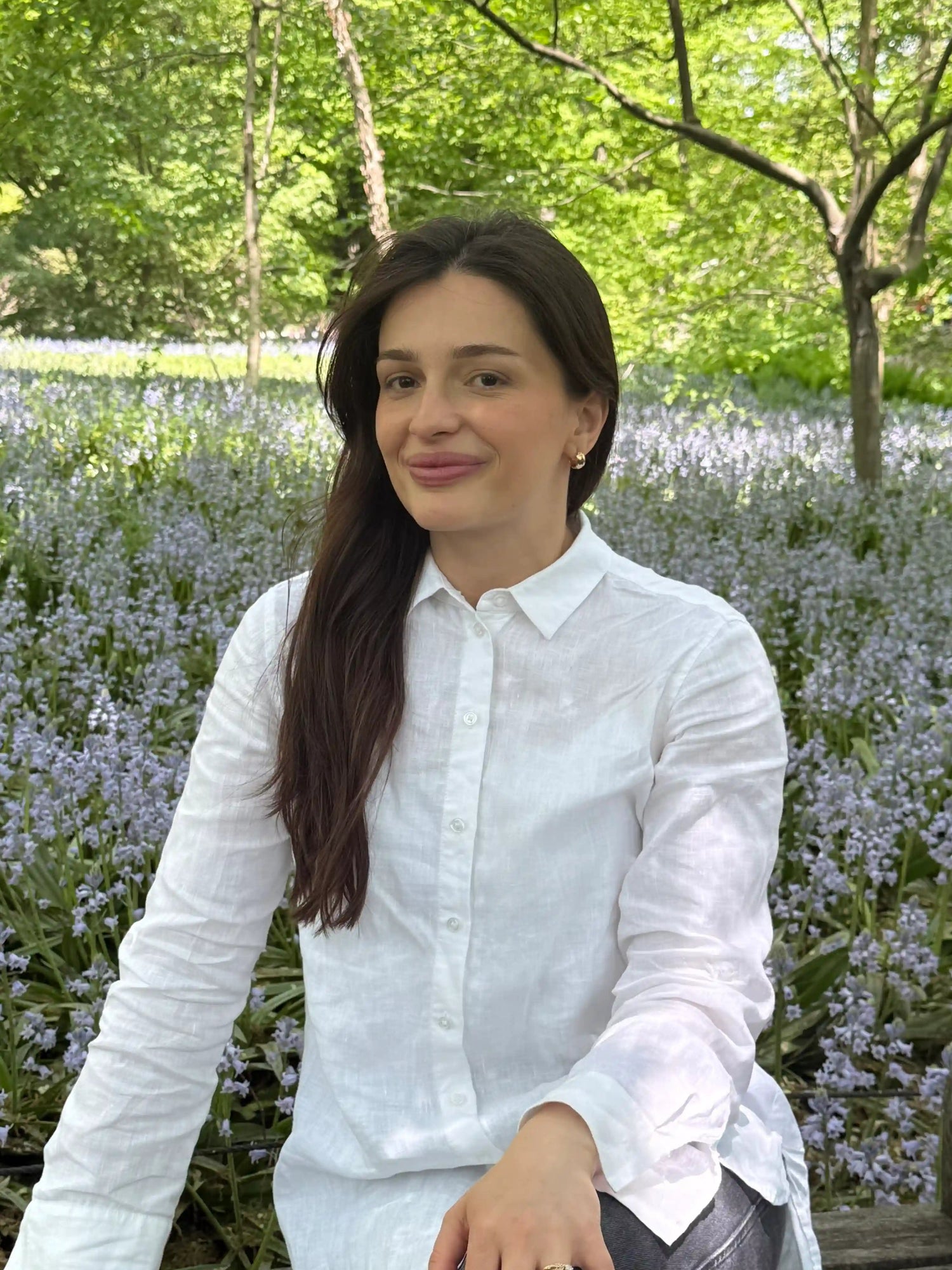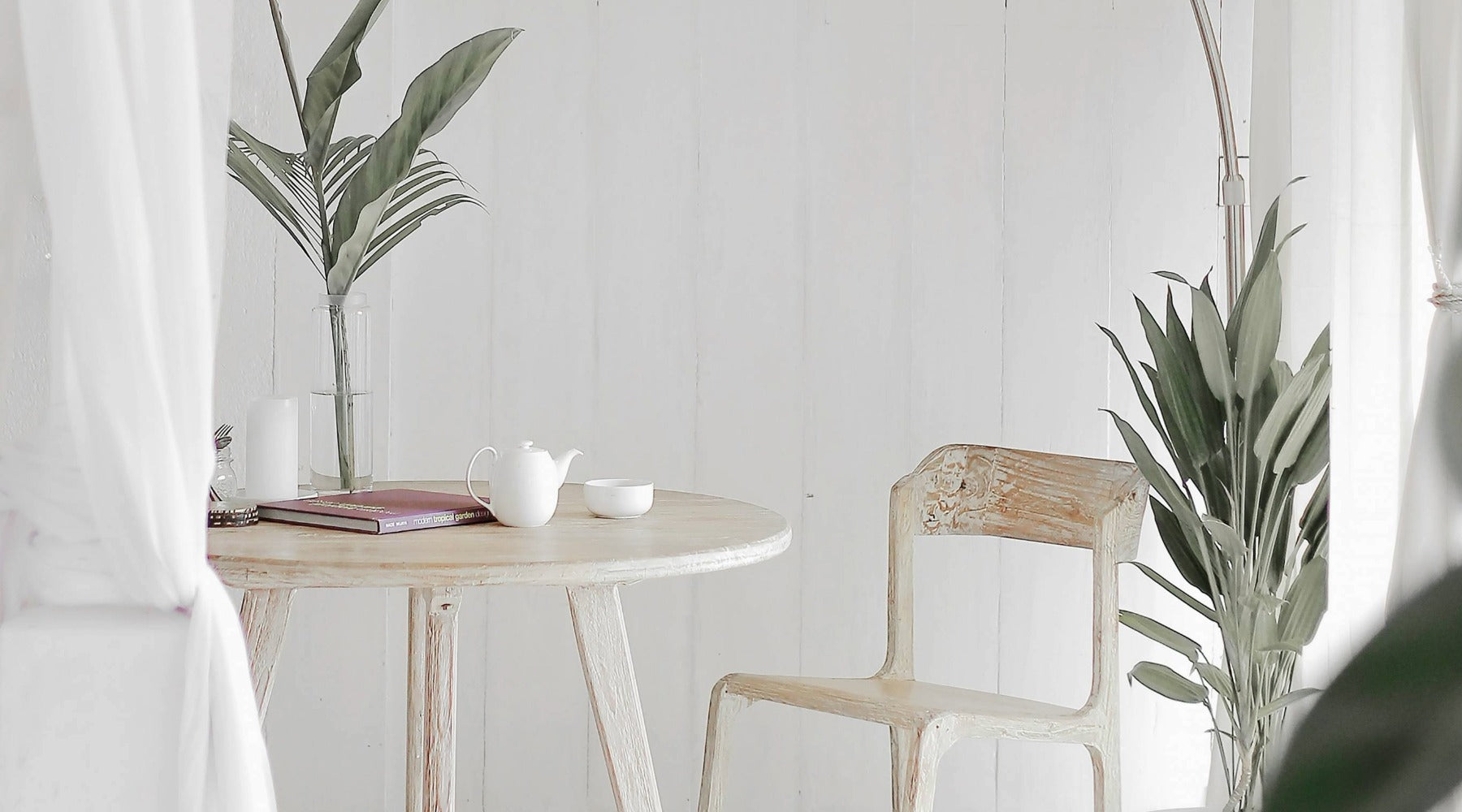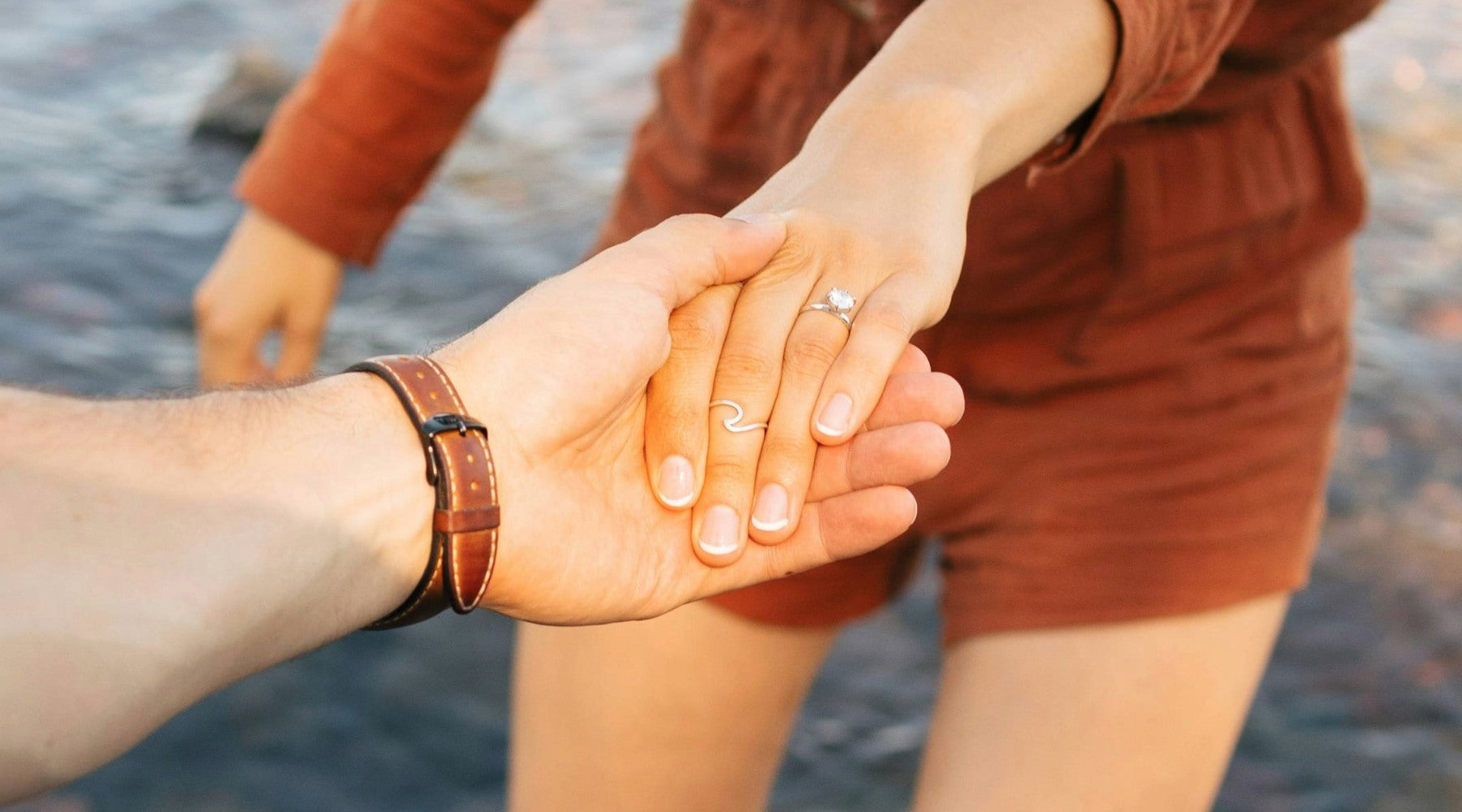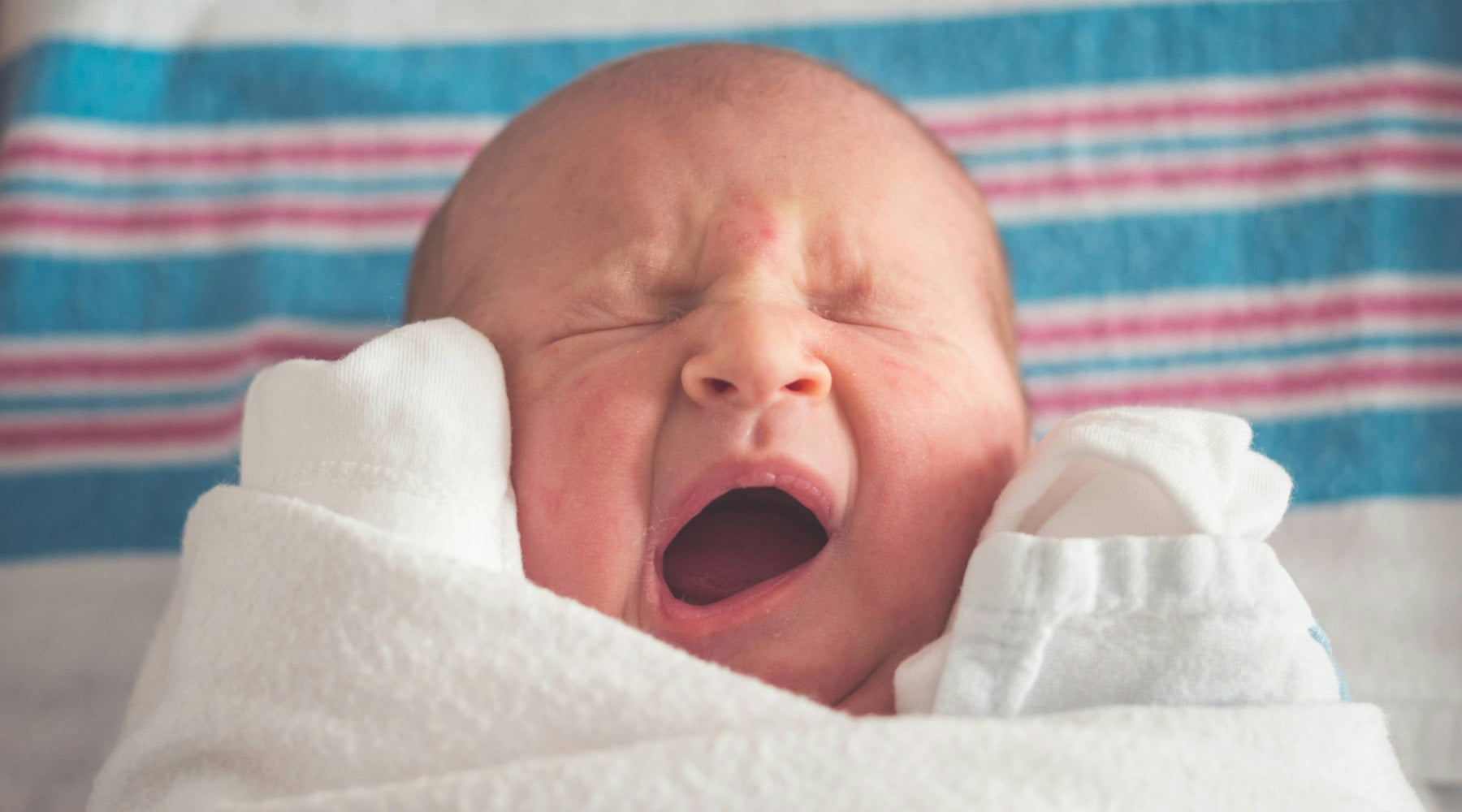The Best Minimalist Advice I Learned in the Last Year
Minimalism, for me, isn’t about sterile white spaces. It’s about owning less, but choosing better. Last year, my family and I navigated a whirlwind of moves—traveling across three continents with a cloth-diapered baby—before finally settling into our minimalist-inspired home in New York City.
Along the way, I faced a big question: How do I streamline my buying decisions when emotions run high? How do I avoid impulsive purchases? And how do I decide what truly belongs in our space when there’s a mountain of 300 items to sort through?
After discussing with my husband, Ryan, we came up with a simple plan: ask, “Is this essential, or just nice to have item?” This question became our guiding principle for every decision, from kitchenware to clothing choices. It has proven invaluable in decluttering our lives, saving money, and most importantly, cultivating the discipline of saying no.
The Power of "Essential" vs. "Nice to Have"
We're constantly bombarded with messages telling us we need the latest gadget, the trendiest outfit, or the fanciest kitchen appliance. But when we strip away the marketing hype and ask ourselves that crucial question, the truth often becomes clear.
A "nice to have" item is something that would be pleasant to own, but its absence wouldn't significantly impact our lives. A "need", on the other hand, is essential for our basic functioning and well-being.
Consider these examples:
- Nice to have: A third decorative vase, a specialized kitchen tool you'll use once in a while, a subscription box filled with random items.
- Need: A reliable winter coat, a comfortable bed, tools necessary for your job or hobbies.
Why "Nice to Have" Items Hold Us Back
While a "nice to have" item might seem harmless, accumulating them can have several negative consequences:
- Clutter: They contribute to physical clutter, making our homes feel cramped and overwhelming. This clutter can also lead to mental clutter, making it harder to focus and relax.
- Financial strain: Even small "nice to have" purchases add up over time. These seemingly insignificant expenses can hinder our ability to save for important goals or create financial security.
- Time drain: Owning more things means more to clean, organize, and maintain. This can steal valuable time and energy that could be spent on more fulfilling activities.
- Mental health: The constant need for more can fuel anxiety, dissatisfaction, and a sense of emptiness, hindering our ability to find contentment and appreciate what we already have, ultimately negatively impacting our overall mental well-being.
Saying No: The Key to Freedom
Learning to distinguish between "need" and "nice to have" empowers us to say no to unnecessary purchases. Saying no is a muscle that gets stronger with practice. Each time we resist the urge to buy something we don't truly need, we reinforce our commitment to intentional living.
Putting It Into Practice
Here's how you can start using this simple but effective advice:
- Before any purchase, pause and ask: "Is this a nice thing to have, or do I really need this?"
- Consider the long-term impact: Will this item truly improve my life in the long run, or will it just add to the clutter?
By consistently applying this question, you'll not only declutter your physical space but also free up your mental space and your finances. You'll begin to appreciate the things you truly value and create a life that's more intentional, fulfilling, and free from the burden of unnecessary possessions. How do you approach buying and decluttering decisions? Share your tips and strategies in the comments below!
Looking for a Recipe? Search here!

Hey there! So… who even am I, and why should you trust me? I’m Tamara—just a girl trying to live her happiest, healthiest life.
After years of traveling the world as a digital nomad (with everything I owned in two suitcases), I discovered that a sustainable lifestyle gave me so much freedom and joy. I eat better food, I own fewer but better things, and this mindset helped me stay sane—especially after becoming a parent. I love my life and my daughter deeply, and that’s a big part of why I live low waste too: to respect the generations to come and do my part for a better tomorrow.
This little corner of the internet is a reflection of that journey—where I share what’s truly worked for me and what I genuinely use and love in my own life. So glad you're here!




Leave a comment
This site is protected by hCaptcha and the hCaptcha Privacy Policy and Terms of Service apply.